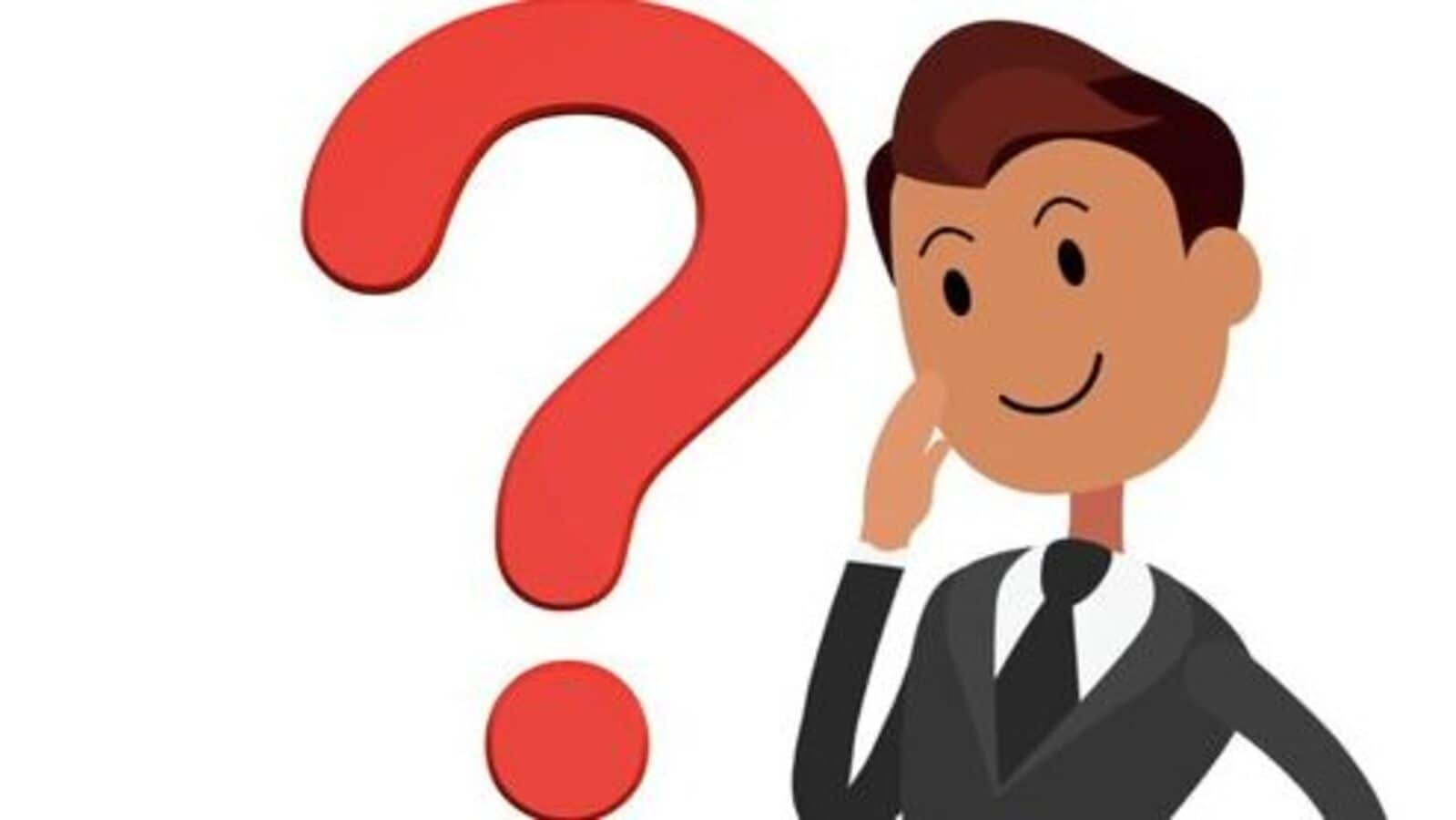It’s a classic David-versus-Goliath spectator sport. But the essence of this spat between the owners of dominant brands—a popular ice-cream maker (this columnist’s preferred flavour remains Cherry Garcia, launched in 1985 as homage to Grateful Dead lead guitarist and vocalist Jerry Garcia) and a consumer goods conglomerate—is the influence that geopolitics can have on brands. Or, conversely, how brands influence geopolitics.
Also Read: AI agents want to take over marketing but humans must stay in charge
Brands have always been influential in changing the course of geopolitics. Go back 110 years to 1914, the eve of World War I. The ensuing war sounded a death knell for the Ottoman Empire, with the 1916 Anglo-French Sykes-Picot agreement signed to divide the area between two colonial powers.
The US and Russia also wanted in on the carve-up. By 1923, arbitrary lines were drawn in the sand and from the West Asian desert sprang new nation-states: Palestine, Syria, Iraq, Lebanon and Jordan. Anthony Sampson’s book, The Seven Sisters (1975), documents how seven multinational oil companies—Shell, BP, Standard Oil, Texaco, Mobil, Chevron and Gulf Oil—influenced the foreign policies of the UK, US and France and manipulated the drawing of borders to secure oil concessions. Oil and geopolitics have always made for torrid bedfellows and the continuing Middle East strife bears testimony to that.
Cast your mind back to 1973 when Chile’s democratically elected president Salvador Allende was killed in a bloody coup mounted by military general Augusto Pinochet, with some covert assistance from US intelligence corps. Declassified documents have also revealed the smudged fingerprints of US multinationals—IT&T, Pepsi, IBM, Kennecott Copper and Anaconda Copper. Costa-Gavras’s award-winning 1982 movie Missing fictionalized the Nixon administration’s assistance for the repressive dictator, which included a refusal to even help US citizens tortured and killed by the brutal regime.
Also Read: Elusive peace: India shouldn’t wade into the Ukraine quagmire
Cut to February 2022, when Russian forces invaded Ukraine and 1,000 companies pulled out in protest, demonstrating an explicit variety of geopolitical brand activism. Some companies abandoned their assets on the ground, some handed over the keys to senior managers, some found local Russian buyers and some companies were forcibly taken over.
Starbucks, for example, became Stars Coffee and the mermaid in its logo has morphed into a Russian swan princess. McDonald’s in Russia also sports a new name and a changed logo. But then, there are Mondelez and Procter & Gamble (P&G) which decided to stick around, displaying a different geopolitical belief system.
In a March 2022 letter to employees, P&G’s chief executive Jon Moeller said the company was scaling down its product portfolio and halting capital investments, but would continue to “focus on basic health, hygiene and personal care items needed by the many Russian families who depend on them in their daily lives.”
Also Read: Brands often get lost looking for gold at the end of a rainbow
However, aligning brand values with geopolitics can be tricky, especially if customers discover dishonesty in the process. McDonald’s asymmetric response to geopolitics—quitting Russia over the Ukraine invasion but continuing to remain open in Israel despite Gaza atrocities—has consumers across North Africa,West Asia, Malaysia, Indonesia and parts of India boycotting the brand.
This is hurting where it hurts the most: a drop in sales has resulted in net income erosion and earnings per share (EPS) shaved off. The same holds true for Starbucks, which has also seen chunks lopped off its net income and EPS.
Donald Trump’s second term in office has triggered a fresh bout of geopolitical churn, with US companies falling over themselves to align with the emerging policy regime. Blackrock, for example, has bought two ports on either side of the Panama Canal, Meta has reversed its content moderation policy, BP has shelved renewable energy investment plans and Accenture has scaled back its celebrated DEI policy. Elon Musk has added a new dimension to the blend. He has sued large advertisers, such as Disney, who pulled their advertising from the X platform after Musk acquired it in 2022. Last heard, Unilever had caved in and the lawsuit against it was withdrawn.
Also Read: Caution: Attacks on DEI in the US threaten to cement glass ceilings
Unilever may have acquired B&J’s in 2000, but their value systems remained divergent. Brands mean different things to different people. Apart from being used to create and store value (brand equity), brands represent and incorporate a range of perceptions and emotions that customers associate with that product or service offering.
Geopolitics can thus become a wrecking ball for some brands. But when a company chooses issues that align with its value system—such as B&J’s progressive outlook (the company still offers free ice-cream scoops to anybody visiting its stores on foundation day)—it rarely loses customers or experiences a drop in net income or EPS. The proof is in the consumption data: B&J’s sales in 2024 grew faster than Unilever’s marquee brands like Magnum.
The author is a senior journalist and author of ‘Slip, Stitch and Stumble: The Untold Story of India’s Financial Sector Reforms’ @rajrishisinghal





